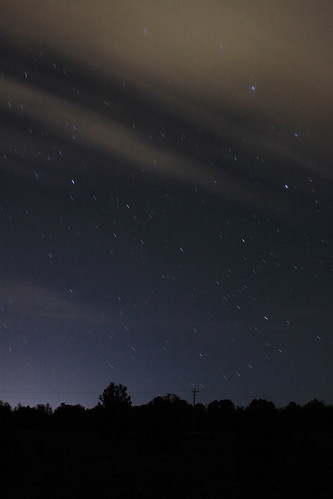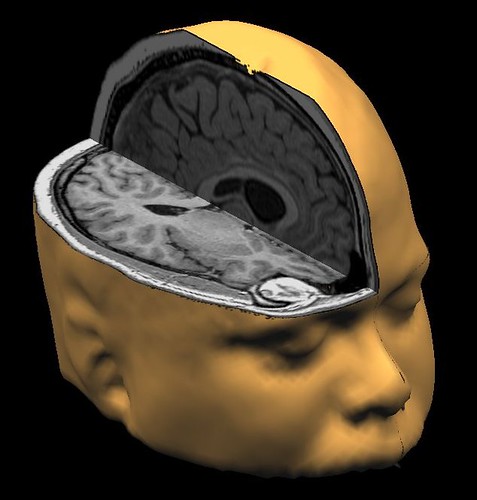I still cried a little, though.
Not that there's anything wrong with that.
In a lot of ways, I think that I liked the overall vision and creative performance of this crew even more than Tectonic Theater's 2000 run of the play, and there are a lot of reasons for that. The way that this company adapted and creatively used their lab theater space allowed for a much more dynamic performance than Tectonic had done. A lot of that is the difference between working in a lab space with creative arrangements and performing in huge, fixed-space theater halls on tour, but even more important was the kind of interaction with the audience and willingness to doubt their text that the Duke performance brought into the theatric space. But I'll get more into that later.
And so, thank you, Duke cast and crew, for giving me a little piece of Laramie re-created on your campus last week, and I hope the final three days' run were as magical for everyone else as Thursday was for me. Regardless of what you think about all the arguments of "artistic license" or "accuracy" or "documentary" aspects of theater, you embodied a genuine little bit of Laramie in your performance-- and not because of your heavy research or need to get every little detail exact to the place. Actually, it was quite the opposite. In your willingness to let yourselves and your characters bleed together in all the strange little ways you've been talking about on your student blog, you invoked Laramie and brought it to life on the stage. And it was awesome to watch, you all.
I never got a chance to explain to everybody about the little pieces of Laramie's collective memory I gave you after the performance. As you know, Matt passed away in the Sherman Hills subdivision in a barely developed area that, back then, was still full of prairie smells and and wind, the marks of its still-lingering isolation from the community. That area of Laramie's eastern edge is named for the Sherman Range, a geologic upthrust which pushes out coral-colored mountains out of the living earth. Sherman Hills sits right at the base of their western edge, and the Sherman Granite peeks out of the earth not too far after.
Sherman granite has a remarkable story. This rose-colored stone was first created deep in the geologic furnace 1.4 billion years ago, but about 70 million years ago, the upthrust which created the Laramie range forced the granite back into the sunlight. It is a brilliant pink from its high iron and feldspar content, highly crystalline, full of quartz, and it sparkles. The crushed granite on the shoulders of I-80 glitter in the early morning sunlight.
One would think that an igneous rock made by fire and cooled in the living earth would be impervious, but Sherman granite is more vulnerable than one would think. Over those millions of years, that granite has weathered under the winter's freezing melt, cracking it into blocks and eating its surface. The oldest and smallest boulders, isolated from the living rock, crack easily; sometimes their surface comes apart under the push of a strong finger. The weather has turned both Curt Gowdy State Park and Veedauwoo into castles of strangely broken granite:
As for your little pieces of the Sherman range, I didn't want to bring you a piece of a grisly tragedy, so your rocks come from a few miles east, from where people camp and hike in a place where the granite stands tall. I picked up pieces from one of two locations. Your rocks either came from here, deep within Kurt Gowdy where I collected my own little piece of Laramie:
This old boulder-field is deep within the park, full of lichen-covered chunks of granite, where trees and scrub twist deep in their cracks and break them apart. I'm pretty sure I picked up a bottle of rocks right at the base of that twisted old tree.
Or, perhaps they came from here, at my favorite star-watching spot not too far from the entrance to the park:
Laramie sparkles, doesn't it?
Thanks for bringing me a little piece of Laramie. I hope you also enjoy yours, and thank you.
--Jackrabbit










